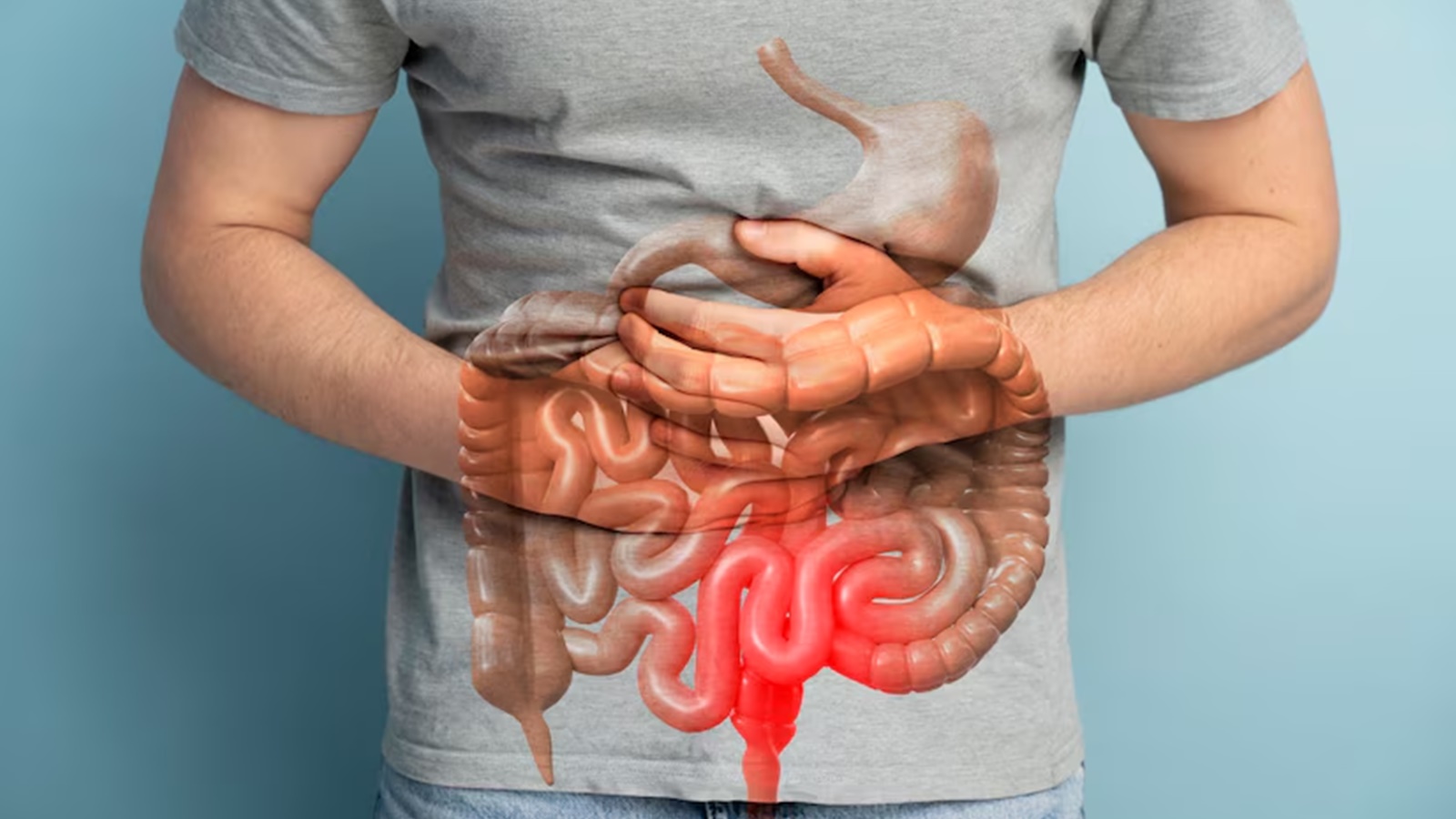A Belgian man has been cleared of drunk-driving charges owing to a rare medical condition called auto-brewery syndrome (ABS). This unusual condition leads to symptoms that can mimic intoxication.
According to his lawyer, Anse Ghesquiere, the man’s occupation at a brewery was a “strange coincidence.” However, three independent medical examinations confirmed his diagnosis of ABS, Reuters reported.

Local media outlets stated the judge noted that the man did not exhibit any signs of intoxication during the traffic stop.
Dr Manish K Tomar, consultant gastroenterologist and hepatologist, Yatharth Hospital, classified gut fermentation syndrome (GFS) or auto-brewery syndrome as a rare condition in which the body produces ethanol in its gastrointestinal tract. The process involves converting carbohydrates into alcohol through fermentation by microbiota inhabiting the GI tract.
Who does ABS affect?
It can affect people of any age, or gender but it is more common in individuals with diabetes, obesity, or conditions that affect the immune system or gut health, said Dr Tomar.
“Individuals with genetic polymorphisms of ADH (alcohol dehydrogenase ) and ALDH ( Aldehyde dehydrogenase) can find it more difficult to metabolise ethanol, which can worsen alcohol intoxication symptoms. Therefore, the interaction between the ADH and ALDH genes and their polymorphisms can contribute to the severity and development of ABS,” Dr Tomar explained.
How does one contract ABS?
 The process involves converting carbohydrates into alcohol through fermentation by microbiota inhabiting the GI tract. (Source: Freepik)
The process involves converting carbohydrates into alcohol through fermentation by microbiota inhabiting the GI tract. (Source: Freepik)
ABS is developed in adulthood when there is an imbalance or overgrowth of certain fermentative microorganisms, especially yeasts like Saccharomyces cerevisiae, in the small intestine. According to Dr Tomar, this abnormal microbial environment leads to the fermentation of dietary carbohydrates into ethanol, causing intoxication-like effects.
What are the signs and symptoms?
The symptoms and signs are similar to those of alcohol intoxication, these include elevated blood alcohol levels, leading to slurred speech, confusion, and flushing of the skin. Individuals with this condition may also experience gastrointestinal symptoms such as bloating, flatulence, and diarrhoea.
How can ABS be managed?
In order to reduce the substrates provided by food for fermentation in intestines, Dr Tomar recommended making some changes in the regular diet (e.g., one can decide to limit carbohydrates and sugars intake) is recommended.
In some cases, individuals are given probiotics/ antifungal drugs for restoring normal levels because their imbalance really made them too high, leading to large amounts of ethanol. Yet, there also exist some antibiotics which target at large some specific yeasts or bacteria which have been found responsible for overproduction of alcohol. It is also quite essential treating any other health problem that promotes development of auto-brewery syndrome like diabetes or immunodeficiency disorders.
